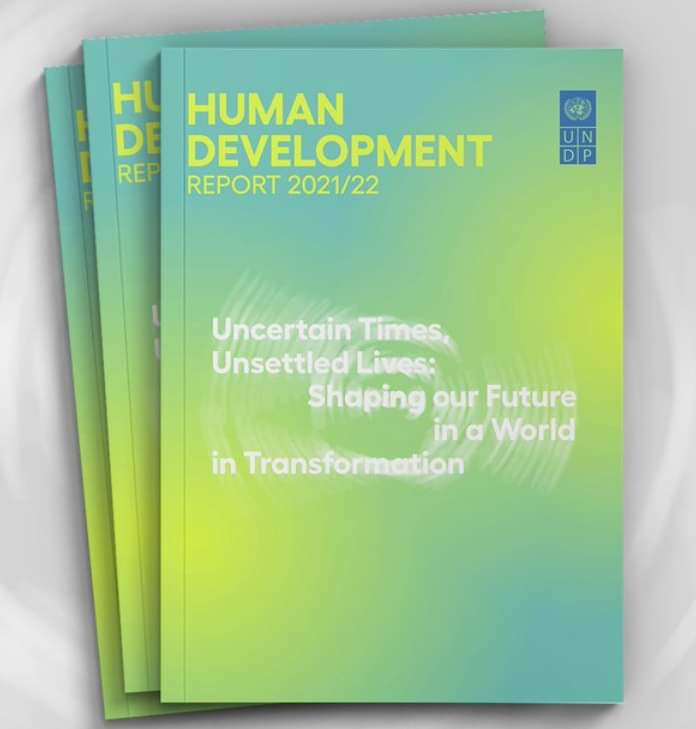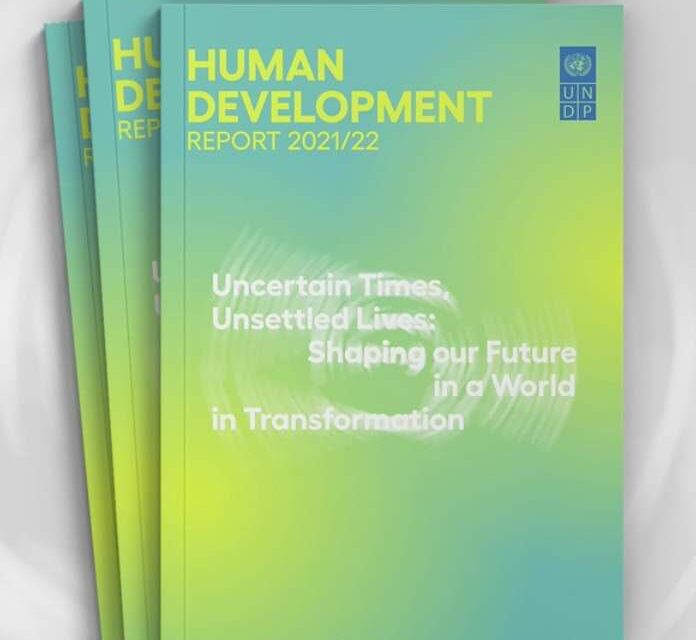
In the South Asian region, Sri Lanka has the highest ranking at 73rd position, Maldives at 90th, Bhutan 127th, India at 132nd, Nepal 143rd, Pakistan 161st and Afghanistan at 180th rank. Globally, Switzerland was at the top followed by Norway and Iceland. South Sudan, Chad and Niger were at the bottom of the scale on HDI.
The report reveals that over 90 percent of the countries showed a decline in the HDI score in either 2020 or 2021 while 40 percent of the countries showed decline in both the years.
The latest report named ‘Uncertain Times, Unsettled Lives: Shaping our Future in a Transforming World’ shows that the global HDI value has declined for two years in a row in the wake of covid pandemic. It points out growing insecurity among people, backsliding of democracy and polarisation as factors destabilising lives of people in complex ways.
Layers of uncertainty are stacking up and interacting to unsettle our lives in unprecedented ways. People have faced diseases, wars and environmental disruptions before. But the confluence of destabilizing planetary pressures with growing inequalities, sweeping societal transformations to ease those pressures and widespread polarization present new, complex, interacting sources of uncertainty for the world and everyone in it. That is the new normal.
Understanding and responding to it are the goals of the 2021/2022 Human Development Report, Uncertain Times, Unsettled Lives: Shaping our Future in a Transforming World. It caps a trilogy of Reports beginning with the 2019 Report on inequalities, followed by the 2020 Report on the risks of the Anthropocene—where humans have become a major force driving dangerous planetary change.
Thirty-two years ago, the very first Human Development Report declared boldly that “people are the real wealth of nations.” That powerful refrain has guided UNDP and its Human Development Reports ever since, with its messages and meanings taking on richer hues over time.












